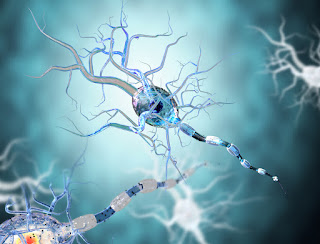Alcohol is a caustic substance and alcohol use disorder is deadly. The substance may not get the attention it deserves, given that it is a vice that has been deemed legal. This means, essentially, that alcohol is safe if used appropriately. Unfortunately, people regularly use alcohol in harmful ways which results in addiction and premature death.
It’s important that everyone who drinks knows the risk, particularly young people prone to make poor decisions. Individuals who think that because something is legal, it can’t cause too much harm. Disabusing misconceptions about drinking is of vital necessity.
When many people consider the dangers of alcohol use, they usually think about what can go wrong when they imbibe. Making poor decisions is often a byproduct of heavy consumption, such as driving under the influence. Such individuals think that as long as they have a safe means of getting home, they may drink to excess. However, the substance can disrupt the course of any heavy drinker’s life even if they take precautions.
Risks of Alcohol Not Printed On the Bottle

Everyone is shocked by the number of opioid overdose deaths each (as they should be), but alcohol-related deaths will continue to surpass fatal overdoses. Around 100,000 Americans die of alcohol-related causes annually, according to the National Institute on Alcohol Abuse and Alcoholism (NIAAA). It’s worth pointing out that alcohol-related mortality is likely to be even higher.
Even if a person doesn’t meet the criteria for alcohol use disorder and practices sound judgment when they know they are going to be drinking, heavy drinking can cause serious damage. A new study suggests that prolonged, heavy drinking can affect the survival of neural stem cells (NSCs) in the brain impacting cognitive function, MNT reports. The research was published in the journal Stem Cell Reports.
“The discovery that the adult brain produces stem cells that create new nerve cells provides a new way of approaching the problem of alcohol-related changes in the brain,” said Dr. Ping Wu, from the University of Texas Medical Branch in Galveston.
This new research is yet more evidence of the dangerous effect of alcohol, binge drinking, and heavy consumption. More study is needed to see how alcohol interacts with neural stem cells, which allow experts to better address alcohol use disorder in both male and females.
Alcohol Use Disorder Treatment
The longer heavy alcohol use persists, the more likely irreparable damage is to occur. Help is available if you or a loved one is struggling with alcohol use disorder. Please contact Hope by the Sea to begin the process of breaking the cycle of addiction.

